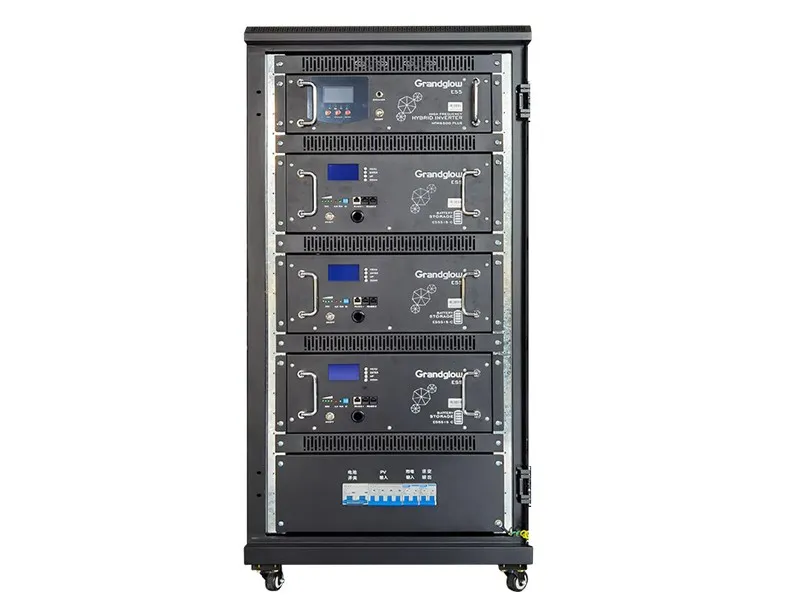
What Is The Best System For Storing Energy
2024-11-08 16:57In the quest for a sustainable future, the question of what is the best system for storing energy has become increasingly crucial. Energy storage systems play a vital role in our modern world, enabling us to harness and utilize energy more efficiently.
One of the most common energy storage systems is the battery. Batteries have been around for quite some time and have seen significant advancements in recent years. Lithium-ion batteries, in particular, are widely regarded as a top choice for many applications. They offer a relatively high energy density, which means they can store a substantial amount of energy in a compact size. This makes them ideal for portable electronics such as smartphones and laptops. Moreover, they have a good cycle life, allowing them to be charged and discharged numerous times without a significant loss in performance. However, they do have some limitations, such as cost and potential safety concerns related to overheating.

Another option is the pumped hydro storage system. This involves pumping water from a lower reservoir to a higher one during periods of low energy demand. When energy is needed, the water is released from the upper reservoir, flowing through turbines to generate electricity. Pumped hydro storage systems have the advantage of being able to store large amounts of energy for extended periods. They are also a relatively mature technology with a long track record of reliable operation. But they require specific geographical conditions, such as the availability of suitable reservoirs and elevation differences, which limits their widespread implementation.
Flywheel energy storage systems are also emerging as a viable alternative. These systems store energy in the form of rotational kinetic energy within a spinning flywheel. Flywheels can charge and discharge energy quickly, making them suitable for applications that require rapid response times, such as smoothing out power fluctuations in the grid. They also have a long lifespan and are relatively low maintenance. However, their energy storage capacity is currently limited compared to other systems.
Thermal energy storage systems are yet another approach. These systems store energy in the form of heat or cold. For example, molten salt can be used to store heat from solar thermal power plants, which can then be released to generate electricity when needed. Thermal energy storage systems can be highly efficient in certain applications, especially those related to heating and cooling. But they also face challenges such as heat loss during storage and the need for specialized materials and equipment.
There is no one-size-fits-all answer to what is the best system for storing energy. Each energy storage system has its own set of advantages and disadvantages, and the choice depends on various factors such as the application, cost, geographical location, and required response time. Whether it's batteries, pumped hydro, flywheel, or thermal energy storage systems, they all contribute to our ability to manage and utilize energy more effectively in different scenarios. So, when considering an ENERGY STORAGE SYSTEM, it's essential to carefully evaluate these factors to determine the most suitable option for your specific needs.
